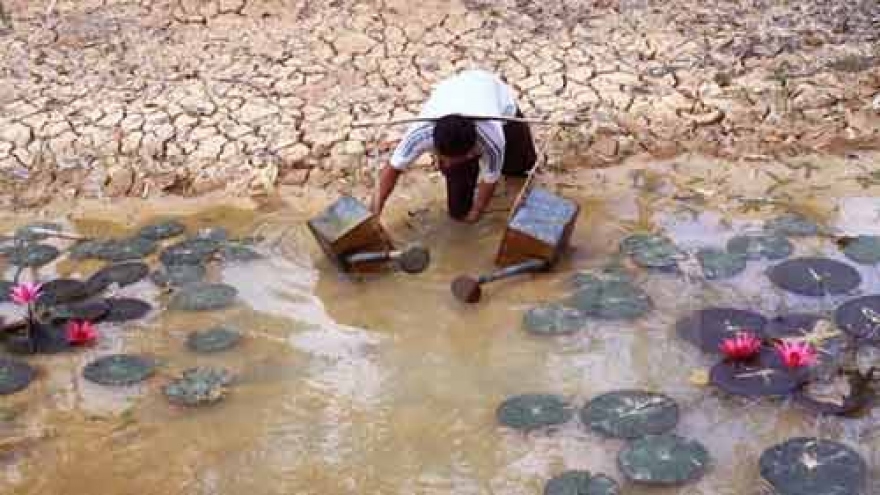Central Highlands examines election work, drought combat
The Central Highlands steering committee held a conference to examine preparation for upcoming elections of the National Assembly and all-level people’s committees, as well as work to address local drought.
Authorities across the region are responsible for widely disseminating information and documents related to the elections as well as organising relevant political consultations, he said.
Concerning a serious drought in the region, Quang said sustaining water supply for households and farm-production is the most important task, particularly in highly populated areas.
He also underscored other measures including upgrading decayed irrigation facilities, watching out for forest fires, and implementing forest replacement programmes.
 |
According to the minister, in the long term, regional provinces are required to complete their plans for developing their irrigation systems and re-structuring farmed animals and plants. Solutions to improve water resources are also needed.
As heard from the conference, provinces in the Central Highlands have properly spread directions from the Party and Government on the organisation of the election across their administrative systems.
They also carried out their first political consultation conferences, which reflected the quality of local candidates and the proportion of female and ethnic representatives, among others.
By the end of February, due to early drought, farming stopped across 2,865 hectares of rice fields in the region, with over 1,100 hectares facing high risk of being completely ruined. Meanwhile, more than 40,000 hectares of plantations, mostly coffee and peppercorn trees, lacked water.
The drought is forecast to get worse in the next two months, causing a water crisis in local hydropower plants, farming areas and houses. Forest fires are also very likely to occur, particularly in Yok Don national park, Dak Nong and Lam Dong provinces.



